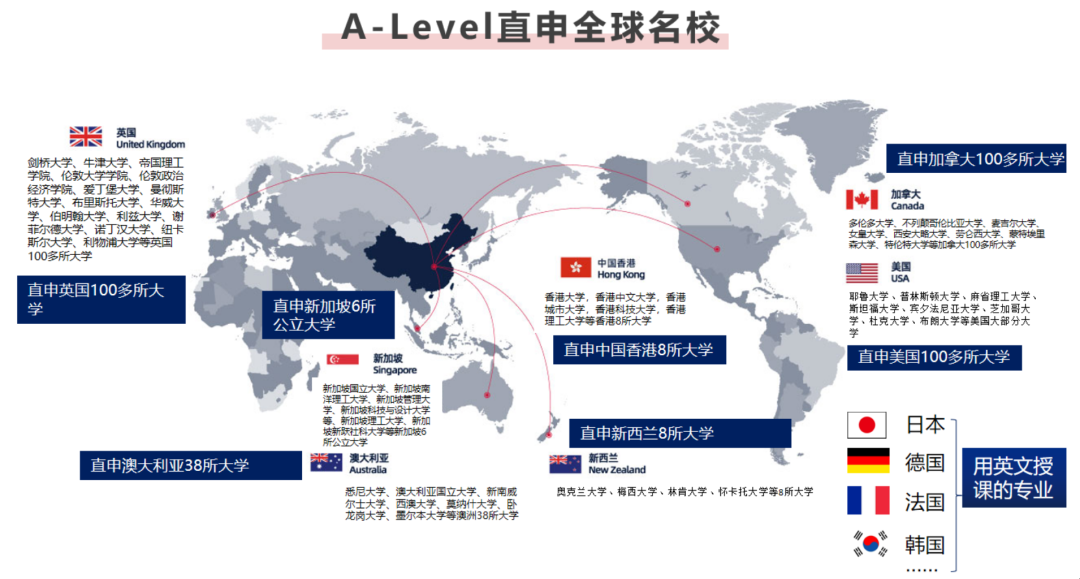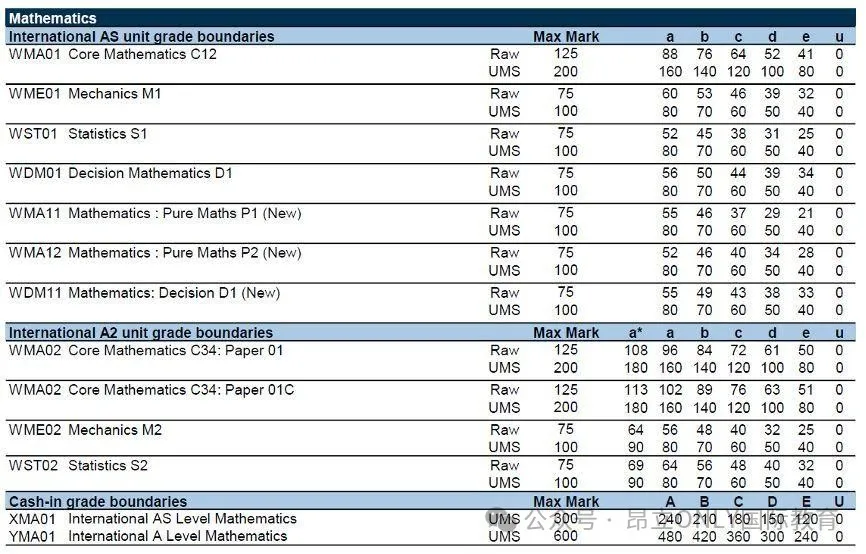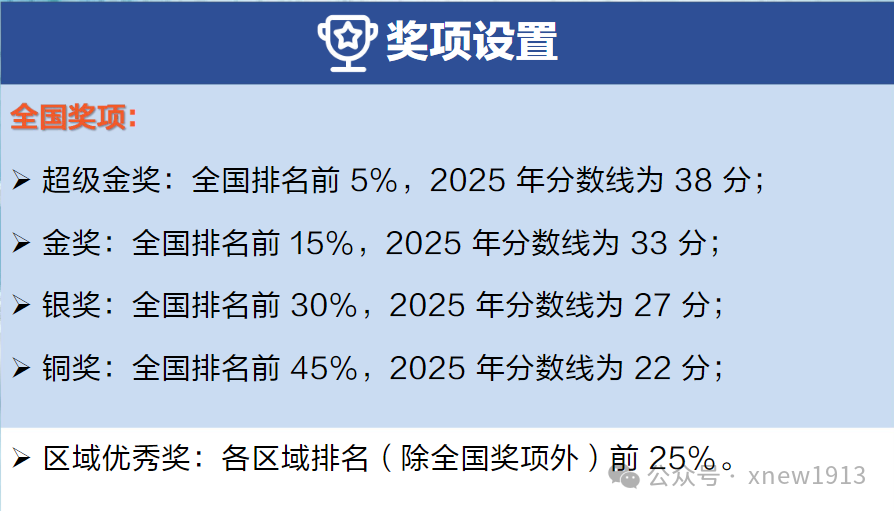NYT Summer Reading Contest是 纽约时报 自2010年起,每年夏天都会举办的读写竞赛,至今已经是第15届,目前已经有来自全世界各地的8万多名中学生参与。纽约时报作为美国乃至世界知名的新闻报刊平台,其举办的比赛具有很高的含金量。如果同学们能在比赛中获得认可,不仅能证明自己的英文写作能力,还可以提升自己的学术、创意写作背景。
The 15th Summer Reading Contest第十五届夏季读写比赛要求学生选择2024年在 纽约时报 上发表的任何内容,如新闻、散文、论文、视频、音频、摄影等,针对感兴趣的内容写一篇评论文章。
今年夏天,为了庆祝比赛成立 15 周年,也为了给比赛带来一些改变,主办发将尝试一些新的东西:学生可以像往常一样通过提交简短的书面回复来参赛,也可以制作一个高达 90 分的视频秒长。
适合学生
全球13-19岁在读初中、高中对该竞赛感兴趣的学生们均可参加。
●美国、英国地区参赛的学生:年龄13~19岁
●其他地区的参赛学生:年龄16~19岁
(纽约时报内部工作人员的直系亲属禁止参赛)
比赛时间
2024年6月7日-8月16日期间,为期10周
每周一次,每人每周仅可提交一份作品,参赛学生可连续10周每周投稿。
竞赛内容
自竞赛开始的每周五,官网置顶位置会询问同样的两个问题:
— “What interested you most in The Times this week?”
— “Why?”
学生可以任意选择纽约时报上发布的任意主题下的article、essay、video、interactive、podcast or photograph来发表自己的全英文看法和见解文章,不能超过1500个字符,约250词。
比赛意义
激励中学生洞察身边的世界,思考自己在世界中的位置,并通过写作来提升传达自身想法的能力。
当学生们能够做到阅读一个国家的主流报刊时,除了理解报刊上的字面意思外,还能了解一系列报道背后的信息、暗示和隐喻,才能真正做到理解一个国家的公共舆论。

含金量非常高的文科类世界级读写竞赛。纽约时报自2010年开始,每年夏天举办竞赛,针对世界各地的中学生。目前全球已有超过6万名中学生参与竞赛。
纽约时报系列比赛项目多样,受众广泛,报名流程简单,留给同学们的创意发挥空间也很充足。即使不能获奖,这样的写作经历也能使学生的各方面写作能力都得到锻炼和提高。
奖项设置
比赛总共10周,每周都有得奖机会,奖项分为:
Winner(每周1位)
Runner-up 和 Honorable mentions
(每周若干位)
每周赢得竞赛的学生作品和姓名将被发表在纽约时报官网上
往届获奖作品
Your Steak Is More Expensive, but Cattle Ranchers Are Missing Out
“This is ridiculous! Beef is now $15 a pound, twice what I paid before! It has to be all the relief checks handed out by Biden that are causing inflation!” my uncle asserted, echoing the misinformation he had gotten from social media. Born in China and immigrated to West Virginia over 20 years ago, my uncle has seen his fair share of economic ups and downs. But somehow, he often blames “socialist” welfare policies.
I dismissed his wild guess. With my rudimentary Econ knowledge, I knew it had to be something other than the 5 percent Consumer Price Index increase that was causing the hike in beef prices. “Your Steak Is More Expensive, but Cattle Ranchers Are Missing Out” by Julie Creswell not only confirmed my hypothesis, but also enlightened me to the real reason behind it.
It turns out Big Four meatpackers have been monopolizing the supply for years. Despite the surging demand of post-pandemic consumption, ranchers have seen little profit increase while meat processors are making as much as $1,000 in profit per head of cattle instead of the normal $50 to $150. Meatpackers don’t have incentives to increase production “as they make more money on fewer head counts.”
I told my uncle the real reason behind the beef price hike, and he said it made sense. Thanks to Ms. Creswell, my uncle will be wondering when a Senate antitrust investigation of meatpackers will solve the problem, rather than blaming “socialist” policies, next time he buys another expensive steak.
The Best Way to Respond to Text Messages
They say texting is easy, but through the eyes of an avid overthinker, it is an unsolvable, ever-tipping scale between “too much” and “not enough.” In his essay “The Best Way to Respond to Text Messages,” Todd Levin explores the struggle of responding to a text to show enough emotion while preserving genuineness. As Mr. Levin suggests, Apple’s new “HA HA” tapback feature may help make responding easier, until it doesn’t. Because it doesn’t take long before people read into it. Is the joke not funny enough to warrant an emoji? Does the tapback mean the other person wants to end the conversation?
In the pandemic age, overthinkers are hopelessly faced with a million text dilemmas, reading into two-dimensional letters and cartoon emojis. We sit with our thumbs hovering over the screen, spamming the letters “H” and “A” over and over like we are just exploding with laughter, while we sit tight lipped, back hunched, eyes dry from glazing over the screen for hours. Because the joke isn’t really that funny, is it? Or at least not as funny as our text reaction suggests. Because the joke is just letters printed on a screen, or a blurry meme you’ve already seen. Perhaps the problem isn’t how many “HA”s you should be typing out, but the emotional numbness we feel from being online so much that we forget what it is to really laugh. Apple can introduce a million features to combat texters’ overthinking, but no amount of “HA”s will ever seem genuine enough until our feelings are.











